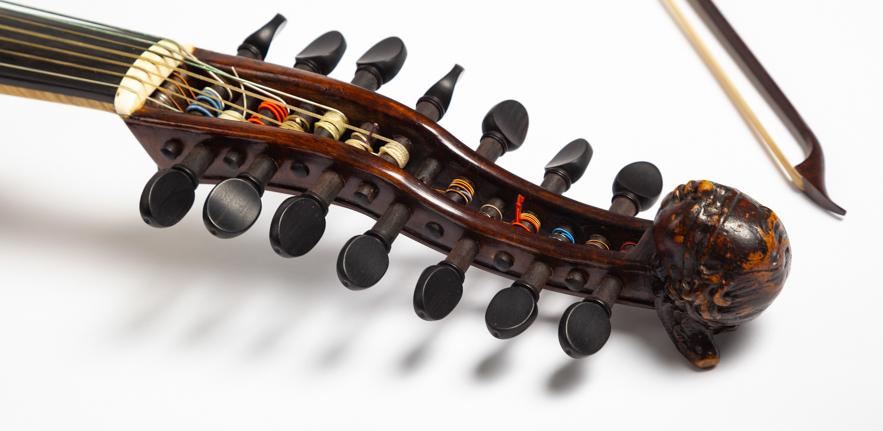
With its extraordinarily diverse environment of practical music-making at all levels, Cambridge is a natural centre of musical performance studies. The Faculty has long been associated with historical performance practice, including specialist work on Bach, Handel and Brahms, along with innumerable earlier and later composers. Among Faculty staff Affiliated Lecturers there are many active performers of music across a wide historical spectrum, including Margaret Faultless, Martin Ennis, Andrew Arthur, David Skinner, Edward Wickham and Silas Wollston.
There are of course multiple points of intersection between historical musicology and the broad field of performance studies. Examples range from Susan Rankin’s research into how notation first developed out of oral performance and improvisation, to Stefano Castelvecchi’s editions of nineteenth-century opera and Ben Walton’s study of Rossini reception. John Rink has carried out work on analysis and performance as well as on Chopin sources and the performance practice implications thereof. And in quite different contexts, Sam Barrett’s work on Miles Davis is concerned with music that exists primarily as performance.
This field developed a new dimension at Cambridge with the establishment in 2009 of the AHRC Research Centre for Musical Performance as Creative Practice (CMPCP), which studied the nature of creativity in performance through a series of large-scale collaborative projects involving a range of musical genres. Directed by John Rink, CMPCP was succeeded in 2015 by the Cambridge Centre for Musical Performance Studies (CMPS), which is taking forward an ambitious research agenda including practice-based work. CMPCP itself followed on from the AHRC Research Centre for the History and Analysis of Recorded Music (CHARM), which was directed by Nicholas Cook. As part of CHARM’s research programme, Cook attempted to bring together interdisciplinary performance theory and computational analysis of recordings. Such empirical work in turn links with the research of Ian Cross and his co-workers in the Centre for Music and Science, which draws on approaches ranging from experimental psychology to evolutionary theory and neurobiology.
In all of these ways, the understanding of music not just in, but as, performance links the research of the Faculty of Music across an extremely broad range of musical repertoires and methodological approaches.



